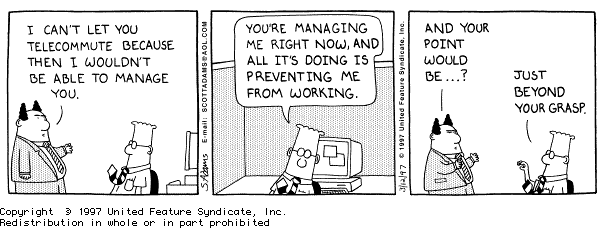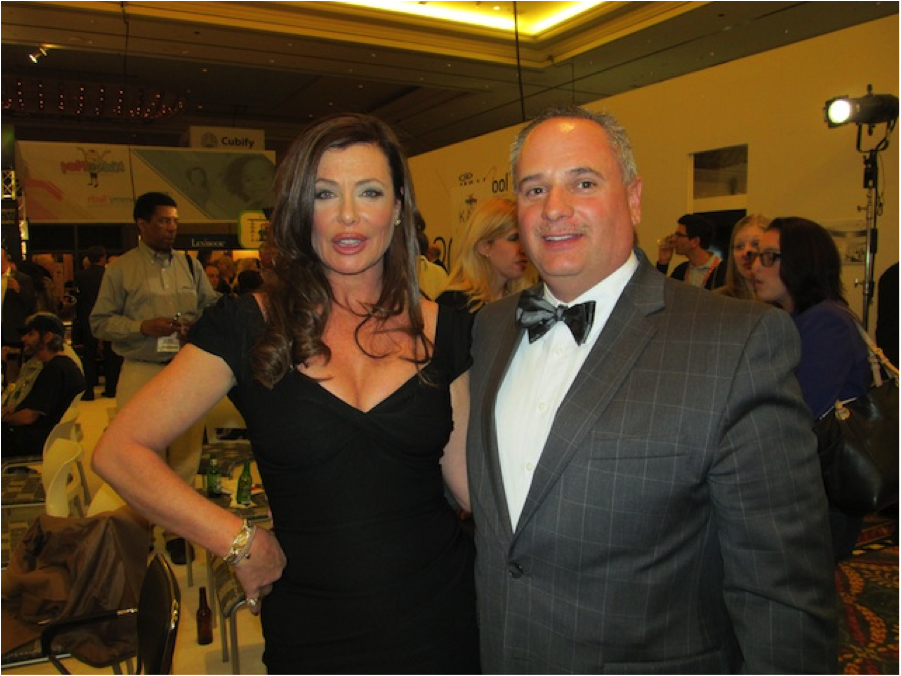 Yahoo! CEO Marissa Mayer unleashed a new policy on February 25 saying employees would no longer be available to work from home. In an internal memo she stated, “To become the absolute best place to work, communication and collaboration will be important, so we need to be working side-by-side,” the memo said. “That is why it is critical that we are all present in our offices.”
Yahoo! CEO Marissa Mayer unleashed a new policy on February 25 saying employees would no longer be available to work from home. In an internal memo she stated, “To become the absolute best place to work, communication and collaboration will be important, so we need to be working side-by-side,” the memo said. “That is why it is critical that we are all present in our offices.”
Hello… does anyone see the irony in this? The company that has given us Yahoo! Mail and Yahoo! Messenger to allow us to connect with others remotely now says that employees must be face to face to communicate and collaborate.
WOW and backwards WOW.
Never mind the studies that say employees working from home are more productive and work more hours than their in-office counterparts. Then at an all-staff meeting several weeks ago a staffer asked Mayer whether her rigorous hiring practices had caused the company to miss out on top engineering talent in Silicon Valley’s hyper-competitive job market. She personally interviews all candidates applying for a job. Mayer dismissed the complaint that she had refused good candidates because they did not have degrees from
prestigious universities, and instead she challenged her staff to get better at recruiting.
Kind of reminds me of traditional academe. Despite the studies showing students in online and hybrid classes acquire knowledge better than their traditional in-seat counterparts, faculty and administrators are still resisting online education at many institutions. “I think some classes are ok online, but for those classes where students need to interact with a professor, there is not substitute for the face to face classroom.” This comment came from a community college faculty member at a faculty training I attended a couple of months ago.
Again…. WOW.
Many colleges are quickly trying to figure out how to get into the “online game” in an attempt to bolster failing traditional enrollments and to adjust to the changing marketplace of higher education. Just this week, I have had two inquires from institutions wanting eduKan to help them bring their programs online, to use our expertise and learning management system. Just like many are speculating that more and more traditional institutions who don’t embrace change are not going to be in business in the future, many in the tech world are speculating based on the decisions of Yahoo!’s CEO they are not going to be in business in the near future.

Next blog I will address Marissa’s hiring practices and how they parallel the hiring practices of traditional institutions.
Yahoo!




